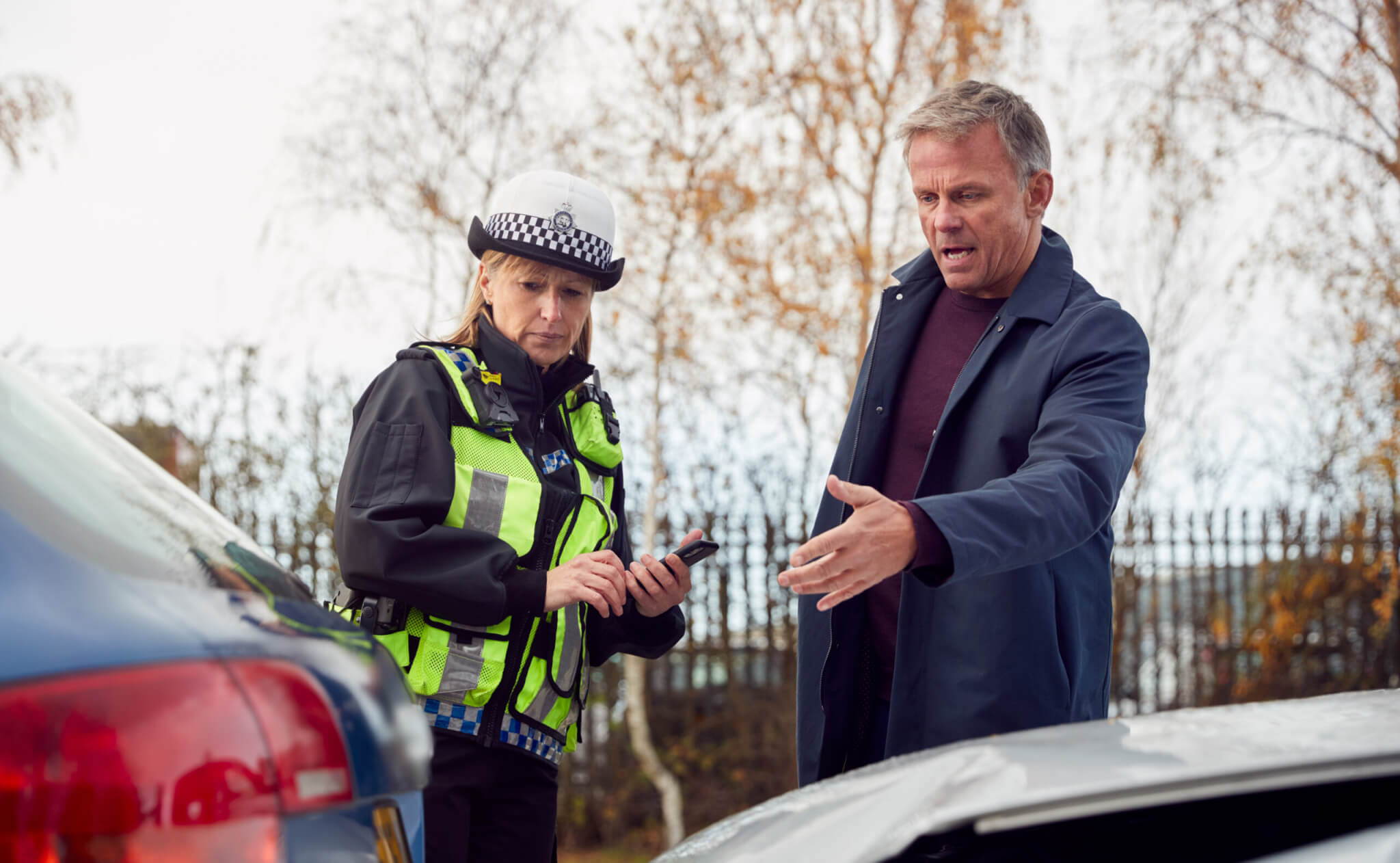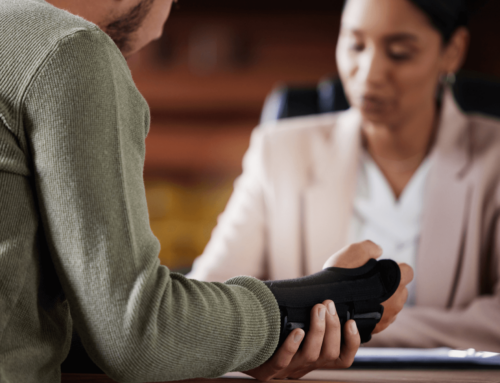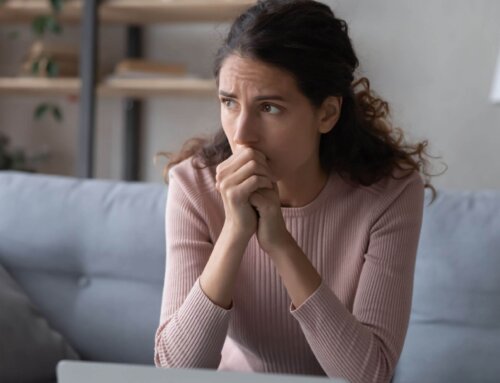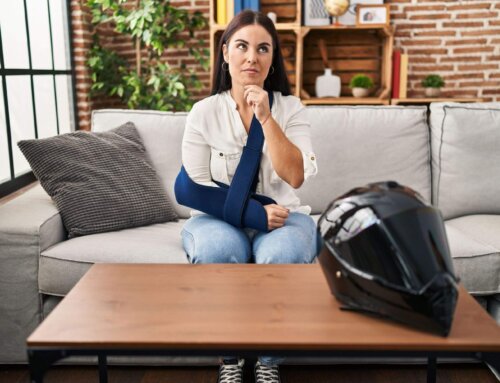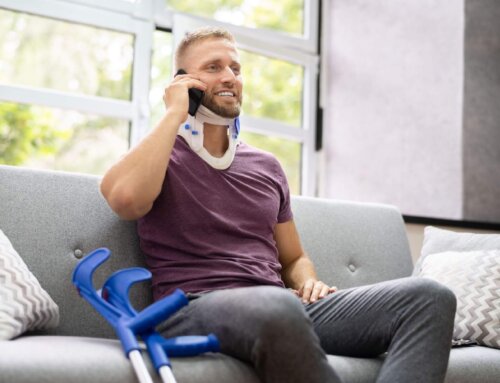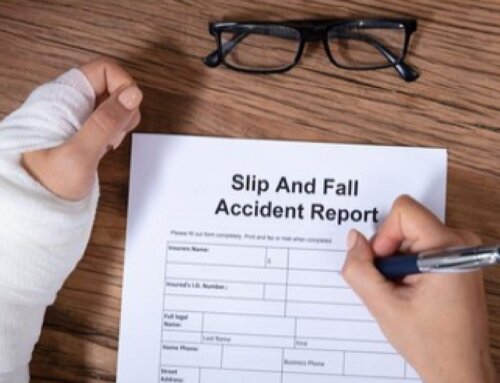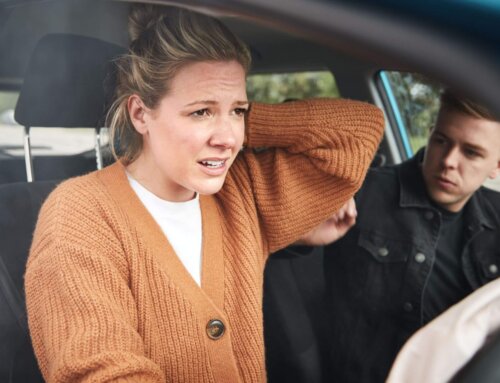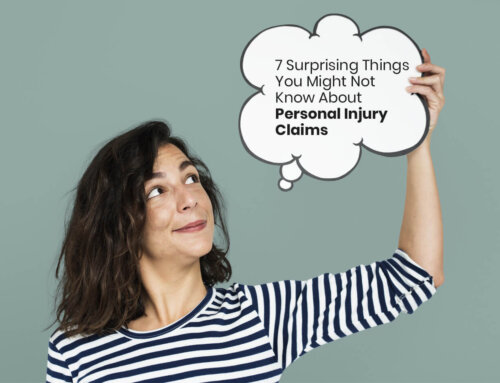Have you ever witnessed a car accident, or seen a cyclist knocked off their bike by a passing vehicle? Were you present when one of your colleagues suffered injury in an accident at work, or when someone tripped on a raised flagstone on the pavement and broke an arm in the resulting fall?
What did you do? Stop, offer to help, and leave your details so you can be contacted as a witness to the accident? Or did you walk away to avoid getting involved?
Most people do stop to see if they can help when they witness an accident. At the very least they will leave their details with the injured person, or the Police in the case of a road traffic accident, so they can be contacted at a later date to provide a witness statement.
Unfortunately, some won’t stop to help because they don’t want to get involved in something that might end with them having to attend court and give evidence, a prospect that few relish.
In the case of accidents at work, fellow workers who witnessed the incident may worry that if they give evidence in support of their injured colleague, it could badly affect their relationship with their employer and even lead to them losing their job.
The reluctance of witnesses to come forward and say what they saw, makes it difficult for accident victims to obtain justice in the form of a successful personal injury compensation claim.
As personal injury solicitors we frequently need the help of independent witnesses to clarify exactly what happened in an accident or in the aftermath of the incident.
This article looks at what’s involved in coming forward as a witness to an accident, why it’s rare witnesses need to attend court, the different types of witnesses that may be involved in any one personal injury claim and whether a family member can be a credible witness to an accident involving a loved one.
Should I always stop to leave my details if I witness an accident?
Having already set out our stall to encourage witnesses to accidents to provide their contact details to one or more parties to an accident, to do this they will need to stop at the scene long enough to do so.
If someone witnesses a tripping accident on a pavement or in a shopping mall, it’s easy to do this without putting themselves or others in danger. The same usually goes for witnesses to an accident at work.
However, for witnesses of road traffic accidents, stopping to provide their contact details, let alone offer assistance to an injured party to the accident, may put the witness in danger themselves.
Indeed, section 282 of the Highway Code, specifically states:
“When passing the scene of an incident, remain alert for hazards (such as debris or slow-moving vehicles) and do not slow down unnecessarily (for example, if an incident is on the other side of a dual carriageway). You should focus on the road ahead when passing an incident because a lack of attention may cause a further incident, collision or congestion (see also Rule 283, below).”
The rule of thumb must be that if by stopping at a scene of an accident you believe you might put your own or others put at risk of harm, you should not stop at the scene. The same rule should be applied to accidents on dual carriageways or other busy A roads.
What is a ‘Witness’ in a personal injury case?
We usually think of a witness in a personal injury claim as a person who sees an accident as it is taking place but who wasn’t directly involved in the accident.
If the witness saw the accident and its immediate aftermath, we say they are an ‘eye witness’ or a ‘witness of fact.’
There is another type of witness who may be asked to give evidence during the course of a claim and that’s a person who is recognised as an expert in their field and whose evidence may be of assistance to one of the parties to the claim. This type of expert is called an ‘expert witness’.
There are numerous kinds of expert witness who could be asked to provide evidence during a personal injury compensation claim. The most common type of experts solicitors turn to in injury claims are medical professionals, often referred to as medico-legal experts. Every claim for personal injury must be evidenced in a medical report prepared by a suitably qualified medical expert.
Usually, it’s the solicitors for the person making the claim (the “claimant”) who will instruct a suitable medical expert to provide a report on the injuries suffered in the accident by their client. Sometimes the solicitors for the person defending the injury claim (the “defendant”) may also instruct a medical expert in order to obtain their own medical report.
Other types of experts may be instructed by the solicitors of either party during the course of an accident claim, if the court permits. These may include consulting engineers and accident reconstruction experts, or one of many other types of expert, depending on the nature of the case.
What is an independent witness of fact?
If there is a dispute over what actually happened in an accident, independent witness evidence can be crucial in finding out the truth. Often the people directly involved cannot remember all details of the accident due to a mixture of their injuries, shock and being wrapped up in dealing with the incident itself. Alternatively, their view of how the accident happened may be shaped by their desire not to be blamed for it!
An independent witness, however, can usually be relied on to say truthfully what they saw thus providing a clear and unbiased view of the accident circumstances.
Can a family member be a witness?
A family member can be a witness to the accident, although in the event of a dispute over who was responsible for the accident, they would not be classed as an independent witness because of their family ties with one of the parties. However, this does not mean their evidence is always discounted especially if the witness’ account is plausible and well presented.
Family members who have not been witnesses to the accident but have seen the impact the injuries have on the accident victim’s daily life can play a crucial role in providing evidence to support the claimant’s claim for damages (compensation) for pain, suffering and loss of amenity. ‘Loss of amenity’ is the phrase used to describe the effect the injuries sustained in an accident have had on your everyday life.
Witness statements describing a family member’s experience of seeing the impact an injury has had upon their loved one, can be invaluable when bringing a claim for personal injury compensation.
What is a witness statement?
A witness statement in the context of personal injury claims is a written account provided by an individual who witnessed an accident that caused someone to suffer injury. The statement often plays a crucial role in legal proceedings by providing evidence to support the injured party’s claim and helping to establish the sequence of events leading to the injury. Additionally, it serves as a means of corroborating the injured party’s account and can influence the outcome of the personal injury claim.
Alternatively, a solicitor for the person against whom the claim is brought (the defendant), may seek out any witnesses whose evidence supports their client’s contention that the accident was not their fault. In this case, the defendant’s solicitor will ask them to provide a written witness statement.
The written statement must be set out in a certain format and supported by a statement of truth in order to be used in a legal case.
What’s the process of getting a witness statement?
If you are using a personal injury solicitor to handle your claim, your legal representative will initially need to contact any witnesses whose details were obtained at the accident scene or later, in order to find out what they saw and heard.
After taking down full details of their account of the accident, your solicitor will draft a witness statement in the correct format and ask the witness to approve or amend it. The approved statement will then be sent to the witness for their signature.
Does a witness have to go to court?
A very high percentage of personal injury cases settle by negotiation and in those cases, witnesses would not be required to attend court. In fact, the most recent statistics available revealed that only 3% of civil cases issued between July and September 2023, ended up going to court.
However, if a case cannot be settled without going to a court hearing, the witnesses may need to attend to give evidence.
Often independent witness evidence can make a big difference to the outcome of a case.
At Mooneerams Solicitors we are hugely conscious that witnesses can play a significant role in personal injury cases. We appreciate that they are voluntarily helping our client by providing a witness statement. Therefore, we work with them to ensure they are inconvenienced as little as possible.
If one of our client’s cases doesn’t settle and we need a witness to attend court to give evidence, we always ask the court to avoid hearing dates when we know the witness wouldn’t be able to attend and we maintain regular communication with the witness in the event of delays or adjournments.
We also do our best to ensure independent witnesses are reimbursed for all their reasonable expenses incurred in attending court to give evidence.
More questions?
If you are thinking of making a personal injury claim and are wondering about the legal process, the best thing to do is contact us. You can call us on 029 2048 3615 or complete an online enquiry form and we will call you back.

